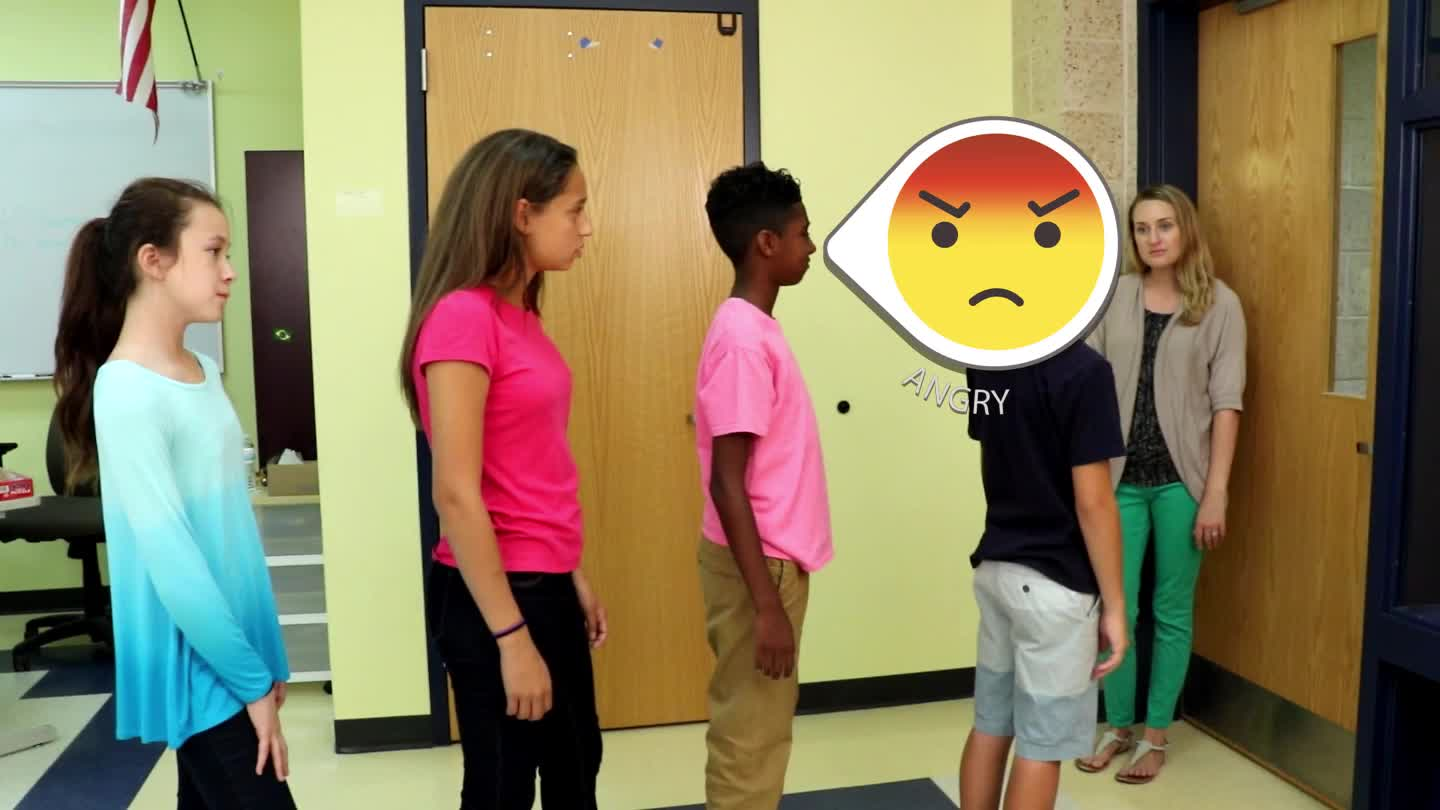
Introduction
As educators, it’s essential to teach our students the importance of fairness and empathy. In this blog post, we will discuss a no-prep activity that helps elementary students understand that being first isn’t always the most important thing. By focusing on the good of the group and letting others take turns, students learn to be considerate and empathetic towards their peers.
No-Prep Activity: The Turn-Taking Game
Here is a simple, no-prep activity that can be done in the classroom to help students understand the importance of taking turns and being fair.
- Have the students stand in a circle.
- Explain that the goal of the game is to pass an imaginary ball around the circle.
- Each student must say, “I pass the ball to [name of the next student]” before passing the ball.
- The game continues until every student has had a turn.
- After the game, discuss the importance of taking turns and how it feels when everyone gets a chance to participate.
Through this simple activity, students will experience the importance of fairness and empathy in a fun and engaging way.
Discussion Questions
After completing the Turn-Taking Game, use these discussion questions to stimulate further conversation about the importance of fairness and empathy:
- How did it feel when everyone had a chance to participate in the game?
- Can you think of a time when someone didn’t take turns or was unfair? How did that make you feel?
- Why is it important to think about the good of the group instead of just being first?
- How can we practice fairness and empathy in our daily lives?
- What are some other situations where taking turns and being fair is important?
Related Skills
In addition to fairness and empathy, teaching students the following related skills can help them develop a strong foundation in Social-Emotional Learning:
- Active listening: Encourage students to listen carefully to their peers and respond thoughtfully.
- Conflict resolution: Help students learn how to resolve disagreements in a respectful and fair manner.
- Cooperation: Teach students the importance of working together and supporting one another.
- Patience: Encourage students to practice patience and wait their turn in various situations.
Next Steps
If you found this blog post helpful and would like to explore more resources on teaching fairness, empathy, and other Social-Emotional Learning skills, sign up for free sample materials at Everyday Speech. These resources will provide you with additional tools and activities to help your students develop essential life skills.

